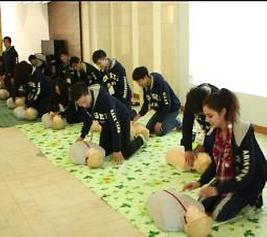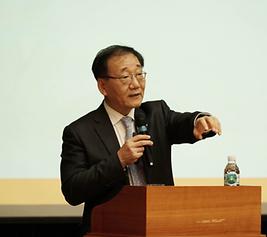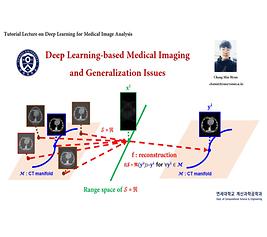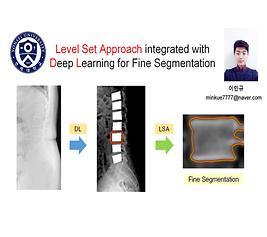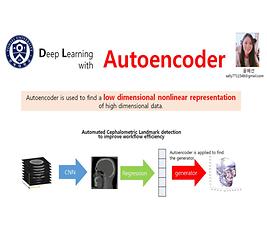영상 정보
-
분류
문화·예술IT/기술/과학
-
Filmed
2017-09-27
-
소개
Welcome to the course “Deep Learning for Business” in Coursera (www.coursera.org). As a professor in electric and electronic engineering for over 23 years, I have conducted numerous R&D (Research and Development) projects focused on applying DL (Deep Learning) and ML (Machine Learning) technologies to smartphones, smartwatches, IoT (Internet of Things), cloud computing, big data analysis, AR (Augmented Reality), VR (Virtual Reality), autonomous vehicles, smart cars, drones, robots, satellite networks, ITS (Intelligent Transportation Systems), as well as 4G and 5G mobile communication networks. In addition, I have advised and consulted businesses leaders in strategic planning and new service/product innovation, where in recent years the requests have been focused on how to effectively use DL and ML technology. This course was designed based on this experience of working with businesses and industry, where I tried to include all important DL and ML information and technologies needed for successful business strategic planning into this course. But at the same time, I tried my best to make it as easy as possible to understand how DL and ML technology actually works. This 5 module course can be divided into two large parts, the business & product part, and the technology part. The first part is the first three modules of lecture, which focus on DL and ML based business strategies and future industries, including details on new state-of-the-art products and open source DL software. In further detail, module 1's focus is on DL products and services, module 2's focus is on business with DL and ML, and module 3's focus is on DL computing systems and software. The following two modules are focused on how DL and ML is possible. Among many engineering details, I have carefully selected the "must know" DL & ML technologies and introduce them in very easy terms. Module 4 is focused on the basics of NNs (Neural Networks), and module 5 is focused on CNN (Convolutional NN) and RNN (Recurrent NN) technology that enable the most advanced DL systems to perform with amazing accuracy, reliability, and speed. Knowing these basic technical terms will enable you to design a more accurate business strategy for your company, and help you in collaborating with ICT specialists, computer scientists, and electrical engineers in planning and designing your company’s future. Consequently, this course will prepare you to be more successful in businesses strategic planning in the upcoming DL and ML era.
인기영상
-
독수리상 귀환
46730 151
-
스팟 - UML 북 콘서트 : Midnight in UML
36123 46
-
스팟 - RC 공연 (음대오케스트라)
456 20
-
스팟 - RA리더십개발론(구 RA 워크숍)
40 14
-
스팟-Presidential club 회원 초청 만찬
19543 12
-
RC 김용학 총장 특강
398 8
-
바른ICT연구소 개소식
19341 8
-
스팟 - 2014 정기연고전
23503 7
관련 영상
-
6841 0
-
6793 0
-
7630 0
댓글영역
comment


